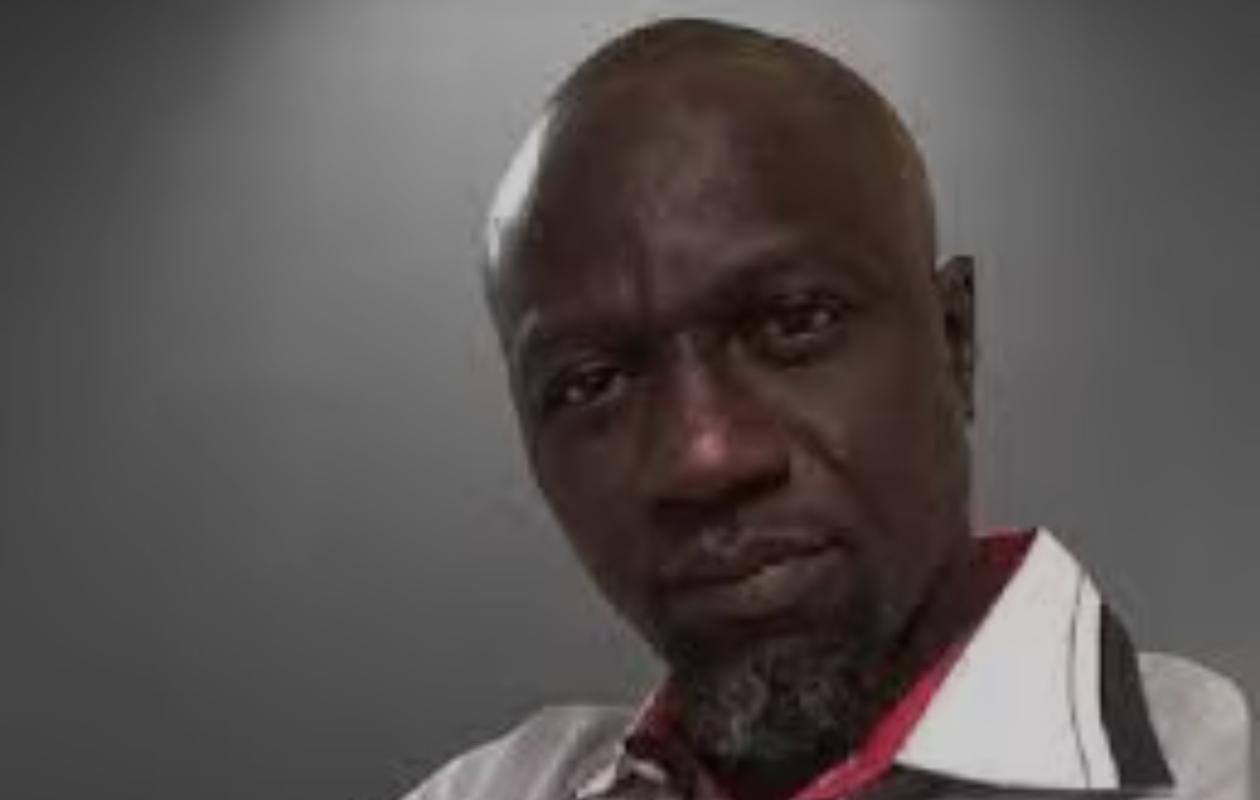
Dédicace du livre du magistrat Mamadou Yakham Keita : Un plaidoyer pour une économie africaine fondée sur la solidarité
The book launch for "Tontine populaire pour l'entrepreneuriat et l'emploi en Afrique, Tekk Teggui Tekki" (Popular Tontine for Entrepreneurship and Employment in Africa, Tekk Teggui Tekki) by Magistrate Mamadou Yakham Keita took place this Friday in Dakar. With a preface by El Hadj Daniel So, this 289-page book aims to propose an alternative economic model rooted in African values of solidarity, sharing, and the mobilization of community resources.
Presiding over the ceremony, Magistrate Cheikh Ahmed Tidiane Coulibaly stressed that the book is aimed at "those who believe in an Africa capable of reinventing itself and proposing innovative solutions for a fairer and more united future."
According to him, Keita's approach is based on a profound reflection on the meaning of work, rigor, and the need to place the community at the heart of financing mechanisms. Inspired by the Ubuntu spirit, the Tekk Teggui Tekki model offers concrete solutions to the challenges of unemployment, inequality, exodus, and irregular migration.
How can a continent rich in its youth and resources build a prosperous future? The book attempts to answer this question by reinventing financing mechanisms and valuing African human and cultural potential.
In his critical analysis, academic Maurice Soudieck Dionne praised the relevance of the project developed by the author. For him, "development is a process of social transformation, and the true enemies of the judge remain poverty and ignorance."
Faced with demographic challenges, massive unemployment, and social divisions, he believes it is essential to explore alternative models based on mutual aid and sharing, in contrast to Western models often ill-suited to African realities. He also noted that the informal economy represents more than 90% of economic activity in Senegal, largely escaping state control.
Judge Keita's model proposes structuring this immense potential through the creation of dynamic SMEs and economic interest groups, the promotion of local initiatives, the gradual formalization of the informal sector, and the fostering of community entrepreneurship. This approach, according to Mr. Dionne, could promote genuine African economic sovereignty.
In his preface to the book, El Hadj Daniel So emphasized its mobilizing dimension. "Mamadou Yakham Keita does not simply offer an analysis: he opens a path and calls for action. He shows us that the solutions to our problems will not come from elsewhere, but from our own collective genius," he declared.
For him, this book is a mirror reflecting everyone's responsibility: the responsibility to build a future based on solidarity, resilience, and creativity—values essential to the continent's transformation. The book presents itself as a strategic guide for rethinking how Africa finances its development.
Drawing on the tontine, an ancestral practice deeply rooted in African culture, Keita transforms it into a modern, structured mechanism capable of supporting youth entrepreneurship, women's empowerment, local wealth creation, and employment in promising sectors. Beyond theory, the author offers practical solutions tailored to the social and economic realities of Senegal and the continent.
As for the author, Mamadou Yakham Keita, a magistrate, lawyer, publicist, environmentalist, and accredited arbitrator at the Arbitration Center of the Dakar Chamber of Commerce, he has served in several jurisdictions (Gossass, Kaolack, Nioro, Dakar). His career demonstrates a steadfast commitment to justice, rigor, and improving the economic and social conditions of the people. With "Tontine populaire pour l'entrepreneuriat et l'emploi en Afrique Tekk Teggui Tekki" (Popular Tontine for Entrepreneurship and Employment in Africa: Tekk Teggui Tekki), he has produced an ambitious and accessible work imbued with a vision: that of an Africa that asserts itself, finances itself, transforms itself, and invents its own development model, at least according to various accounts from colleagues and friends.
Commentaires (3)
Participer à la Discussion
Règles de la communauté :
💡 Astuce : Utilisez des emojis depuis votre téléphone ou le module emoji ci-dessous. Cliquez sur GIF pour ajouter un GIF animé. Collez un lien X/Twitter, TikTok ou Instagram pour l'afficher automatiquement.